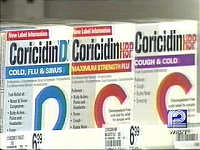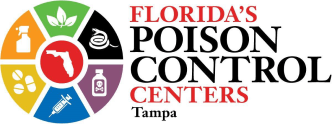Coricidin
Dextromethorphan (DXM), Coricidin (CCC, Triple C’s) & Robitussin
 Who abuses DXM and why?
Who abuses DXM and why?
The latest substance abuse trend involves taking over-the-counter cold remedies containing dextromethorphan. These are abused by teens and pre-teens because they can be purchased without a prescription in drugstores. This practice is often mistaken for a suicidal overdose because many pills are swallowed to achieve the desired effects. Teens hope to feel excitement and euphoria, but often encounter drowsiness, dizziness, vomiting, hallucinations, fast heartbeat, high blood pressure, convulsions, coma or death.
What are some signs of DXM use?
The person may have signs similar to alcohol intoxication: difficulty walking, vomiting, confusion and drowsiness. They may be out of touch with reality, exhibiting unnatural postures and feel extremely frightened. Depending on which added ingredients are in the product, the abuser may also have dilated pupils and feel hot, dry and flushed.
What are the dangers?
Added ingredients add potential problems, including high fevers or liver failure. The Coricidin can cause heart or nervous system damage. Long-term abuse can cause mental illness (psychosis), erectile dysfunction, frequent urination, chronic high blood pressure, muscle contortions and rapid back-and-forth eye movements (nystagmus).
How is it treated in the hospital?
Treatment may include many medications (to calm agitation, lower the blood pressure, slow the heartbeat, counteract coma, reduce muscle contortions, control convulsions), IV fluids, cooling measures or breathing machines. Call Florida Poison Information Center at 1-800-222-1222 for emergency advice or questions.
